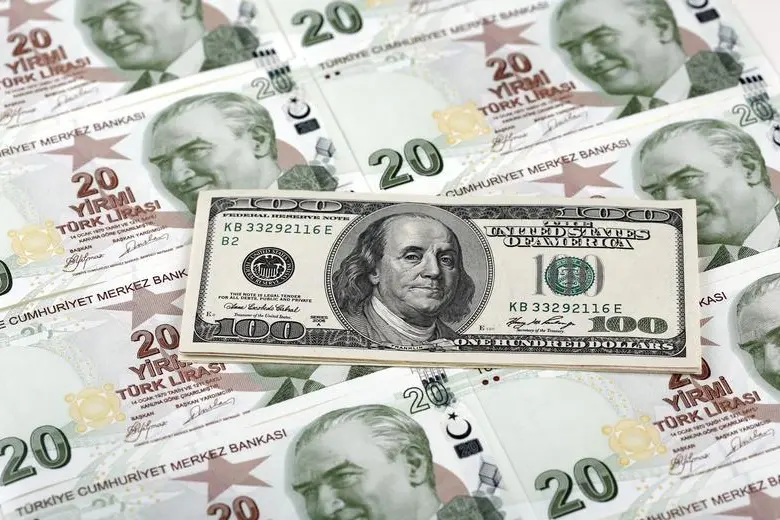PHOTO
The U.S. dollar edged higher on Friday, attempting to recoup some losses after its sharpest daily drop in more than two weeks, as traders turned their attention to U.S. jobs data for further clues about the strength of the economy.
The U.S. dollar index, which measures the greenback against a basket of currencies, was up 0.22% to 105.93, after sliding 0.68% on Thursday, the largest fall since July 19. It remains around 3% below its mid-July high.
Investors await the U.S. nonfarm payrolls report due at 1230 GMT, which will provide hints of how the U.S. economy is faring. Economists expect an increase of 250,000 jobs for the month of July, after 372,000 were added in June.
However, signs of softening in the labour market could already be underway, as data on Thursday showed that the number of Americans filing new claims for unemployment benefits increased last week.
"If you get a significant miss, by 100,000 or more to the downside, I think the market will react to that. It'll be bad for the U.S. dollar," said John Hardy, head of FX strategy at Saxo Bank.
"A far stronger than expected jobs report together with a considerable upside surprise in the average hourly earnings data in particular could see the dollar broadly stronger," Hardy noted.
The euro was down 0.15% against the greenback to $1.0231, within in its relatively narrow range of $1.01-$1.03 that it has been trading in since July 19, as concerns about an European energy crisis are offset by fears of a slowing U.S. economy.
A stand-off over the return of a turbine that Russia says is holding back gas supplies to Europe showed no sign of being resolved on Thursday.
Meanwhile, sterling was lower by 0.12% at $1.2143, a day after the Bank of England (BoE) raised rates by the most in 27 years to fight surging inflation, but warned a long recession was coming, beginning in the fourth quarter of this year.
"Ultimately, that's one of the most dovish 50 basis point hikes I've seen," said Justin McQueen, FX strategist at DailyFX.
"The BoE said we're going to have a recession for five quarters, it highlights the bleak outlook for the UK economy and the pound."
Elsewhere, the U.S. dollar rose 0.17% against the Japanese yen to 133.145 per dollar, after tumbling 0.69% on Thursday.
The risk-sensitive Aussie and kiwi were lower by around 0.2% against the greenback.
In cryptocurrencies, bitcoin was up 2.5% to $23,170.90.
(Reporting by Samuel Indyk in London and Rae Wee in Singapore, editing by Ros Russell and Angus MacSwan)
Reuters





















